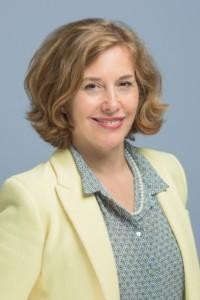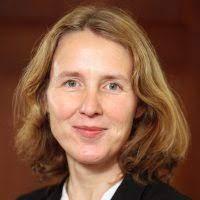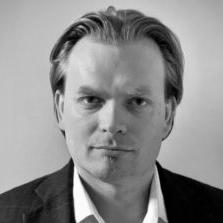While the world is more interconnected and interdependent than ever before, competition again appears to be a primary driver of international relations. This casts the concept of interdependence in a new, more nuanced light than the positive angle from which it predominantly has been viewed during the liberal international order. The risk is that the new data-driven economy generates ever more asymmetric networks of dependence, in which the control of data and its exchange becomes more centralized. In this new geoeconomic order, connectivity and interdependence will thus not produce the ‘flat’ world of diffuse power relations and cooperation, but enduring power imbalances, digital divides and conflict. How can such a scenario be prevented? This panel will discuss what new international institutions are needed to better manage this new competitive interdependence.




